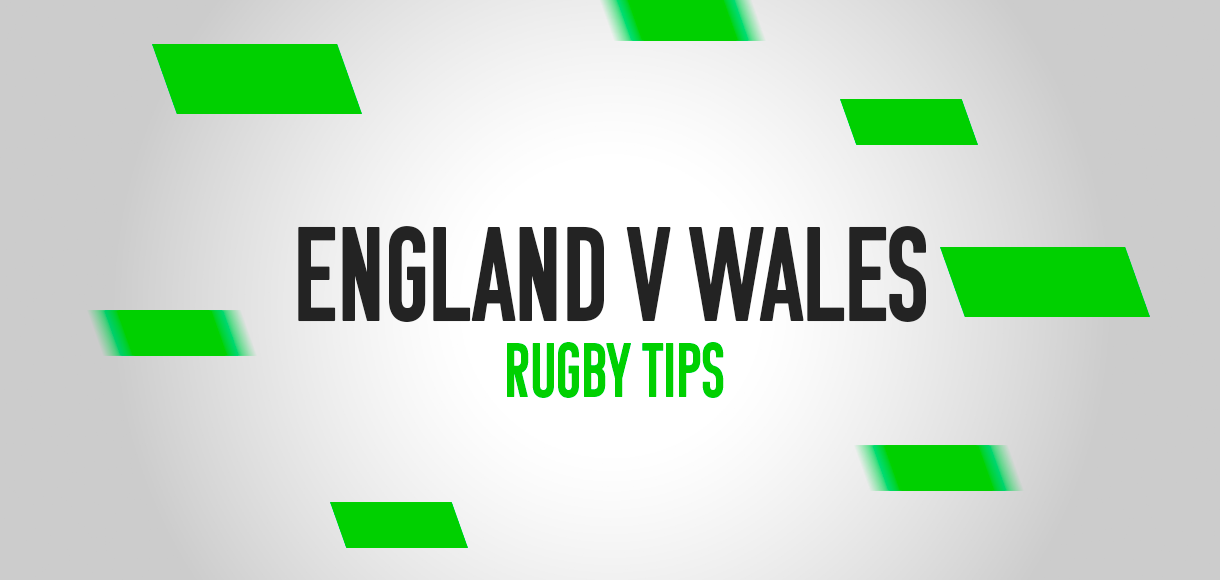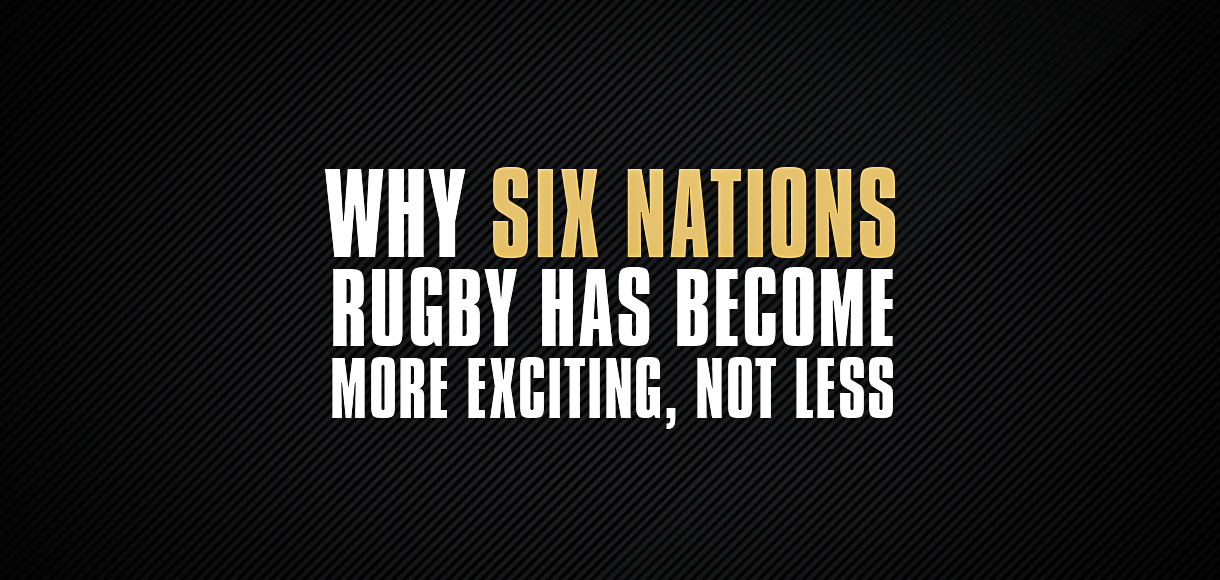6 times sporting events were cancelled for non-sporting reasons
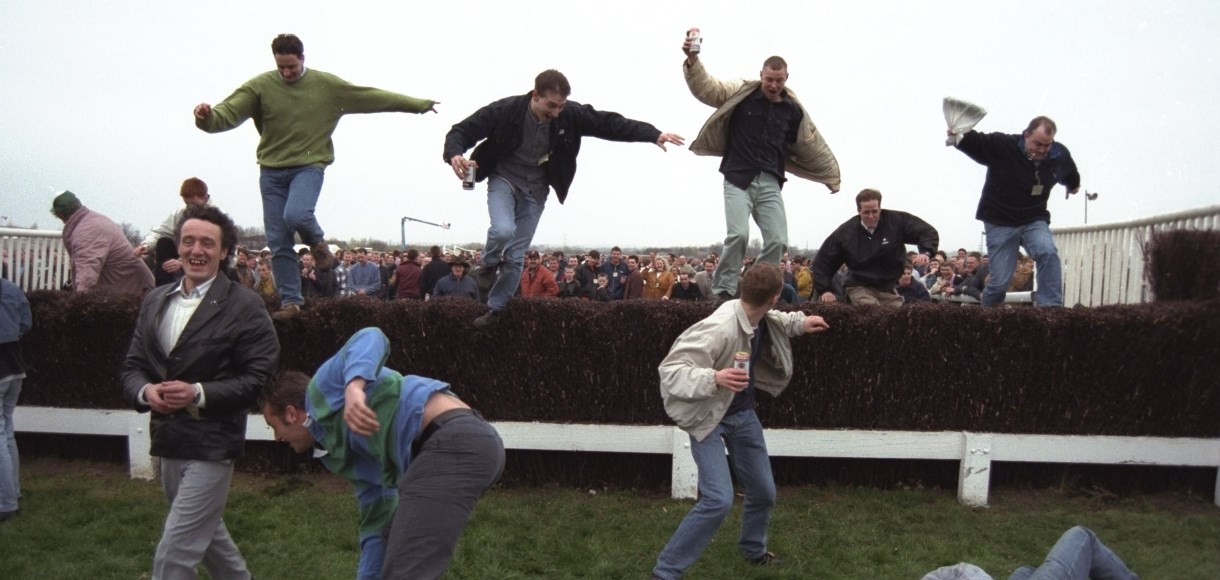 Source: Getty Images
Source: Getty Images
With the 2020 Six Nations among many sporting events affected by coronavirus, here are six other times the world of sport came to a halt.
Foot-and-mouth disease | 2001
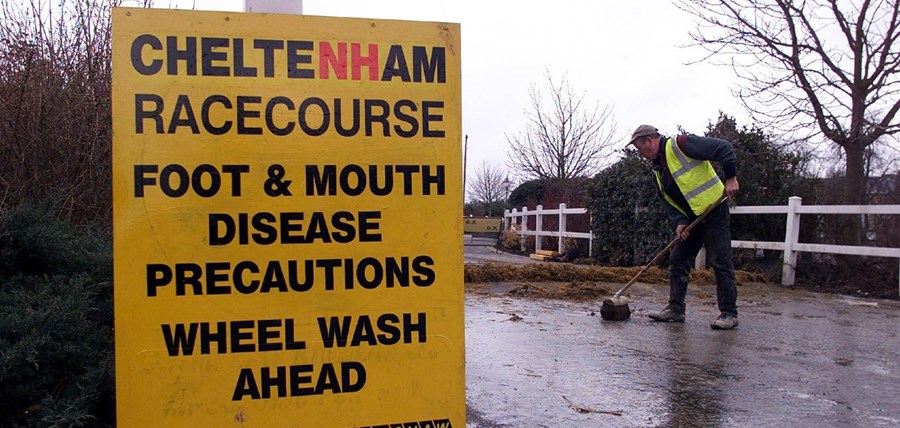
This year isn’t the first time the Six Nations has been postponed for non-sporting reasons.
In 2001, the UK and Ireland were hit by an outbreak of foot-and-mouth disease which devastated both the agriculture and tourism industries.
As has happened this year, three Six Nations matches were postponed – Scotland v Ireland, Wales v Ireland and Ireland v England – eventually being played in September and October.
The biggest sporting casualty was, however, the Cheltenham Festival.
Originally postponed a month, the Festival was eventually called off at the beginning of April after an outbreak just five miles from the course.
The cancellation cost the local economy around £10m, while bookmakers lost an estimated £100m on the biggest betting event of the year.
September 11 attacks | 2001
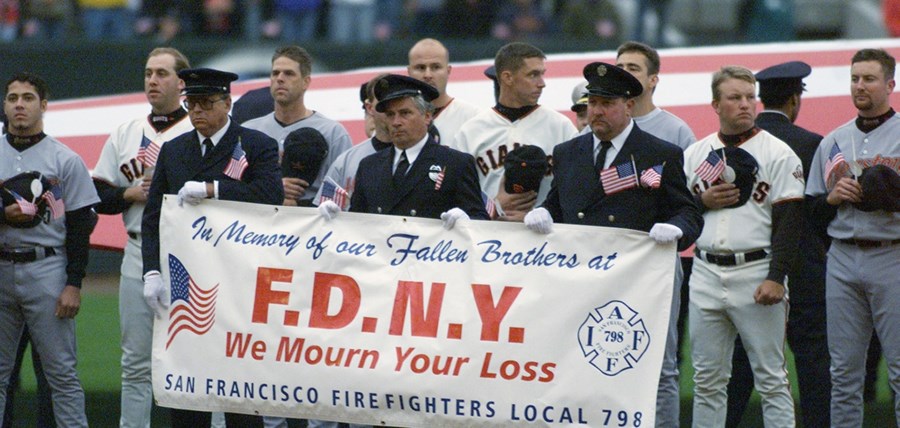
The world came to a standstill after the 9/11 attacks, so it was only right that the sporting world did the same.
All active major leagues in the US saw postponements – the MLB season extended until November for the first time, the Super Bowl was played in February for the first time, and the final two weeks of the MLS season were cancelled.
Other American sporting events that were affected included NASCAR, the PGA Tour, NCAA college football, and WWE.
The postponements were not just limited to the US, though – the Ryder Cup, set to be staged at The Belfry in England, was delayed a year, and several UEFA Champions League matches were pushed back a month.
Hurricane Sandy | 2012
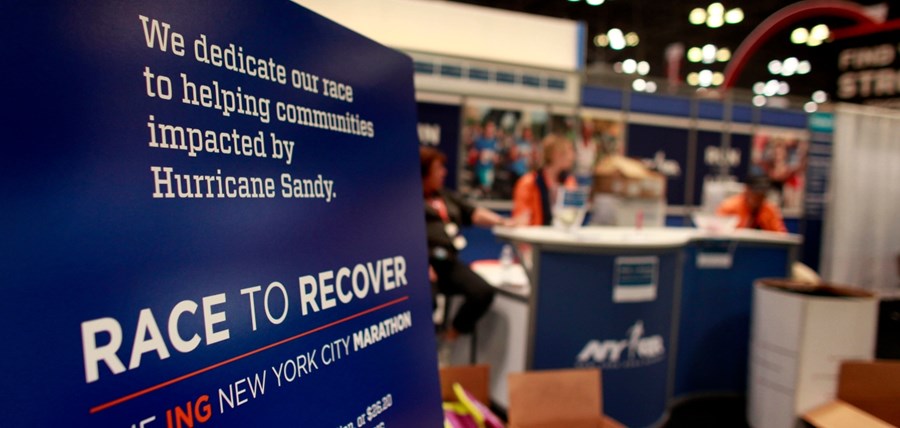
The New York Marathon has taken place every year since 1970, with just one exception: 2012.
Due to run on 4 November, the event was cancelled just two days before by mayor Michael Bloomberg after the city was struck by Hurricane Sandy a week earlier.
The storm had killed 53 people, destroyed more than 100,000 homes and 250,000 vehicles, causing more than $40bn of damage in total.
Bloomberg was, however, keen on the marathon going ahead, but backlash from affected residents eventually saw it called off.
Many runners who had already arrived in the city decided instead to help out with the relief efforts, while others ran their own marathon in Central Park.
The Grand National | 1997

At 2:49pm on Saturday 5 April 1997, the IRA phoned in a bomb threat to Aintree University Hospital claiming that an explosive had been planted at Aintree Racecourse.
There, 60,000 punters were eagerly awaiting the start of the 1997 Grand National.
What followed was the biggest evacuation of a sporting event in British history, with every single person vacating the venue as police carried out two controlled explosions to nullify any potential threat.
Then, with 60,000 people now temporarily stranded in Liverpool, city residents and organisations opened their doors to revellers to ensure no one was left homeless for the night.
The Grand National eventually went ahead two days later, with Lord Gyllene winning a race that has since been known as the ‘Monday National’.
World War II | 1939-45
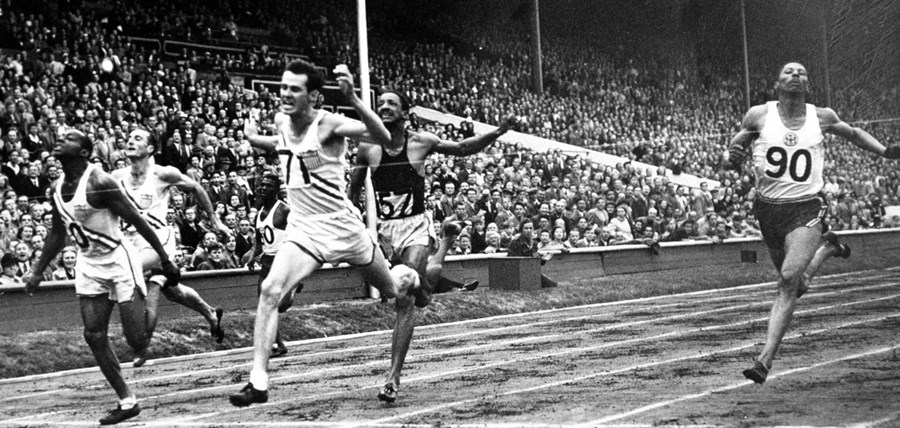
The prospect of sport taking a backseat for a month may seem painful – as is the case with coronavirus – but the Second World War brought it to a standstill for four whole years.
With most sportspeople fighting on the frontlines or assisting in the war effort, and the civilian population also occupied, sport was the last thing on anyone’s mind.
The 1940 and 1944 Olympics were both cancelled, with the Winter Games in the same years also called off.
Things slowly got back to normal in the years afterwards, with the 1948 Olympics in London ending a 12-year hiatus following the 1936 Games in Berlin.
Solar eclipse | 1999
Now for something a bit more light-hearted than world wars, terrorist attacks, epizootics and hurricanes.
On 11 August 1999, the UK experienced its first total solar eclipse since 1927, with Torquay in Devon one of the few places where the phenomenon could be viewed in totality.
Torquay United, meanwhile, were scheduled to play Portsmouth in the first round of the Worthington Cup on the same day.
Police, however, decided that they would be unable to deal with the influx of tourists and football fans at once, and the fixture was postponed a week.
The thousands who flocked to the south west were among 350m people across Europe who watched the eclipse unfold as darkness fell at 11:11.
The match itself was far less memorable, finishing 0-0, with Portsmouth winning the replay 3-0.
Visit Betway's rugby betting page.













